Nikon D80

I'd get one here or I'd find a good one on eBay.
Introduction
The Nikon D80 was introduced after the D50 but before the D40, D60, and D300.
It is really a D200 in sheep's clothing and is a very affordable alternative to the professional-grade D200.
The D80 is smaller and lighter than a D200 and doesn't consume batteries like a D200 does, but it does work with real AF lenses, unlike the D40 and D60 which came after it.
The D80 is a nice complement to a D50 since they take the same memory cards and can use the same lenses. If you have a D50 and are looking for a nice upgrade, this is a very affordable one for you.
Specifications
Maximum Resolution: 10MP (3,872 x 2,592)
Minimum ISO: 100 - This is perfect.
Maximum ISO: 3,200 - This is great. It starts to get noisy above ISO1000 or so, and having ISO3200 helps a lot for darker indoor settings. For some strange reason, however, the ISOs above ISO1600 are "Hi" so ISO3200 is called "Hi + 1." Okay, whatever.

Vertical Grip: YES (MB-D80, seen on the right). I highly recommend getting one. I love the added battery life and the easier ability to compose vertical shots (portraits). My wife isn't as big of a fan since she has smaller hands. We both agree that the added weight isn't fun, but I prefer this trade-off.
Meter weird lenses: NO - Why can't Nikon do this on their less-expensive camera?
AF works with AF lenses: YES - Like a real camera should!
Memory Card Type: SD and SDHC
Top LCD Illumination: Yes
Shutter speeds: B, 30-1/4,000. 1/4,000 is plenty. The only time you'd consider more than that is if you took your 50mm f/1.4D lens outside on a sunny day and shot it wide-open (f/1.4) with an ISO at like 800 or more. And that's a crazy thing to do in the first place.
Maximum Frame Rate: 3fps. This is fine. It is lighting fast compared to your pocket-sized Point-And-Shoot, but slower compared to many other Nikon DSLR products. It is a slight step up from 2.5fps of say a D50 but nothing compare to a real professional camera like the 5fps of the D200.
Buttons and dials: Great. Everything you need to use when shooting 98% of the time has a button. The menus are great, too.
Modes: M,A,S,P, Auto, Landscape, Portrait, Sports, Macro, and Night. Having the scene modes is nice if you're just getting started. Full Auto is nice as a "PHD" mode (Push Here, Dummy) or "waiter" mode so you can hand your camera to someone else to take a photo of you. Hopefully you'll quickly out-grow the canned modes and shoot more in something like "A" where you gain more control over the image, but still rely on the camera to do most of the thinking for you.
Works with IR Remote: Yes.
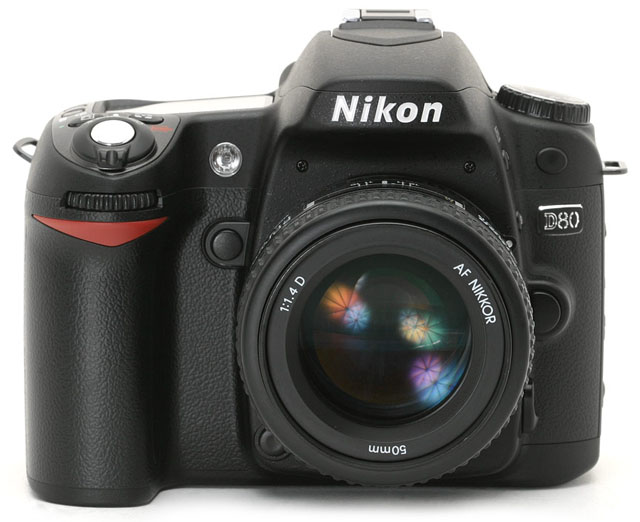
Nikon D80 Body with Nikon 50mm f/1.4D lens.
Performance
This camera is basically the D200 with a few steps up or down in a few minor areas.
I have one of these cameras on me for every wedding and so does my second shooter.
With the vertical grip it is welcome in the studio where I tend to shoot a lot of portrait photos and would wear out my arm or wrist if I had to hold the camera sideways all day.
Only once has this camera locked up on me and that was near the end of a long wedding day and I had put a few thousand frames through it and I'm sure it was rather warm.
I have traveled extensively with this camera and it has seen action on the sea and in the cab of hot and dirty steam engines. This camera works like a charm, and the photos from it are amazing.
I find that the meter in this camera sometimes wants to over expose an image, so I find myself typically setting the +/- button to something in the -1/3 or -2/3 stop setting. I find that it is better to err on the side of under-exposure and use Photoshop to bring out any lost shadow detail. It is a lot harder to recover detail from blown highlights than it is from shadows.
You could also use the built-in "D Lighting" but I find that this is a pain to do when you're running around taking pictures. It isn't a horrible feature to have, but I just don't use it.
Alternatives
The D80 is a D200 in sheep's clothing since it has the same sensor in it and everything else that matters is the same. The D50 and the D80 are good complements to each other since they both take the same kind of memory cards. So, if you have a D80 then a D50 would be a welcome addition to your camera bag (and vise versa).
Examples
Following are some sample photos to demonstrate the power of this camera and some general uses which will likely yield good results. If you shoot things like these, then this body may be a good one to think about adding to your camera bag.
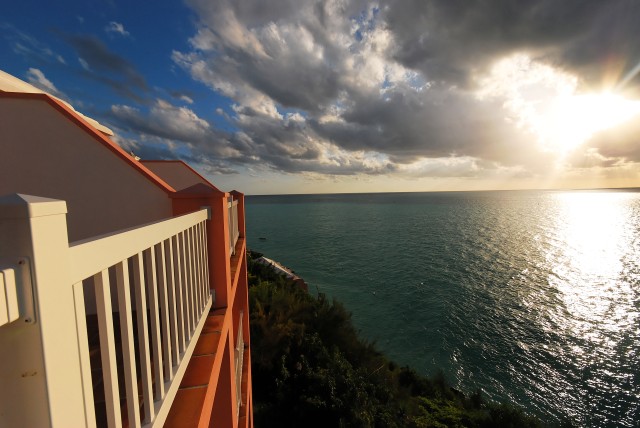
Sigma 10-20mm f/4-5.6 in Bermuda.
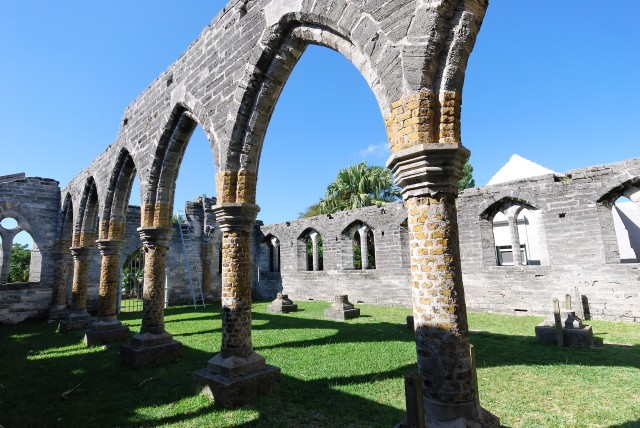
Sigma 10-20mm f/4-5.6 in Bermuda.
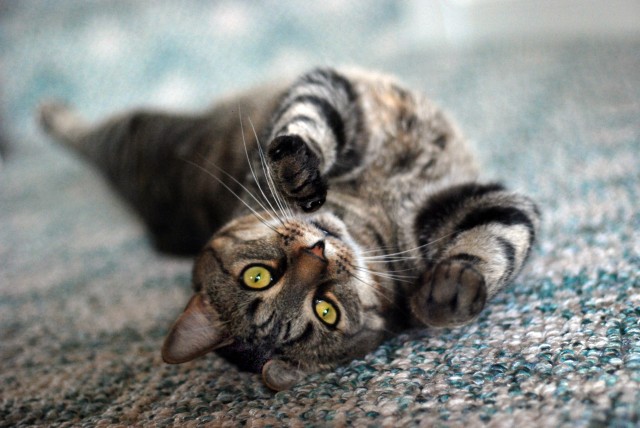
Nikon 50mm f/1.8D @ f/1.8

Nikon 105mm f/2.8D Macro
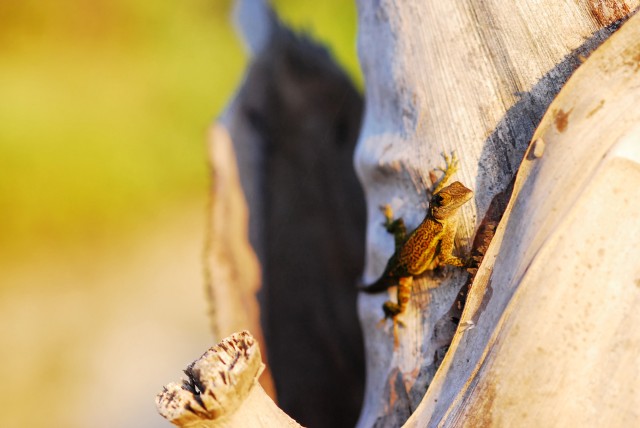
Nikon 105mm f/2.8D Macro
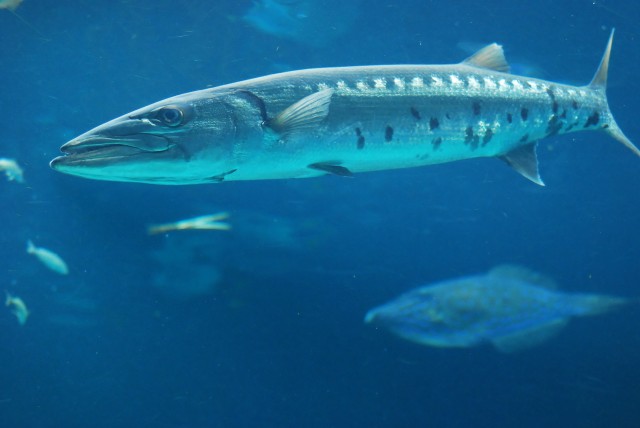
Nikon 50mm f/1.8D